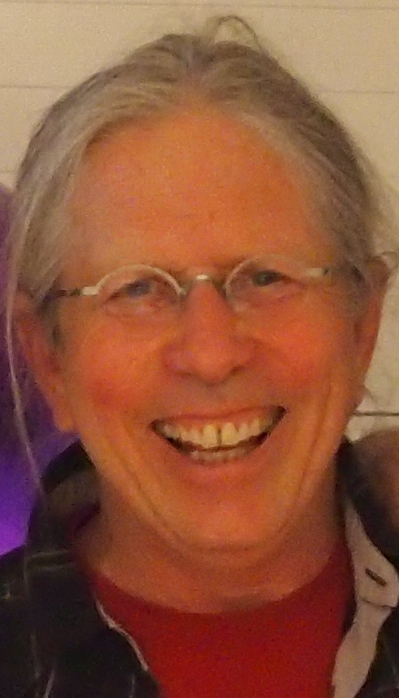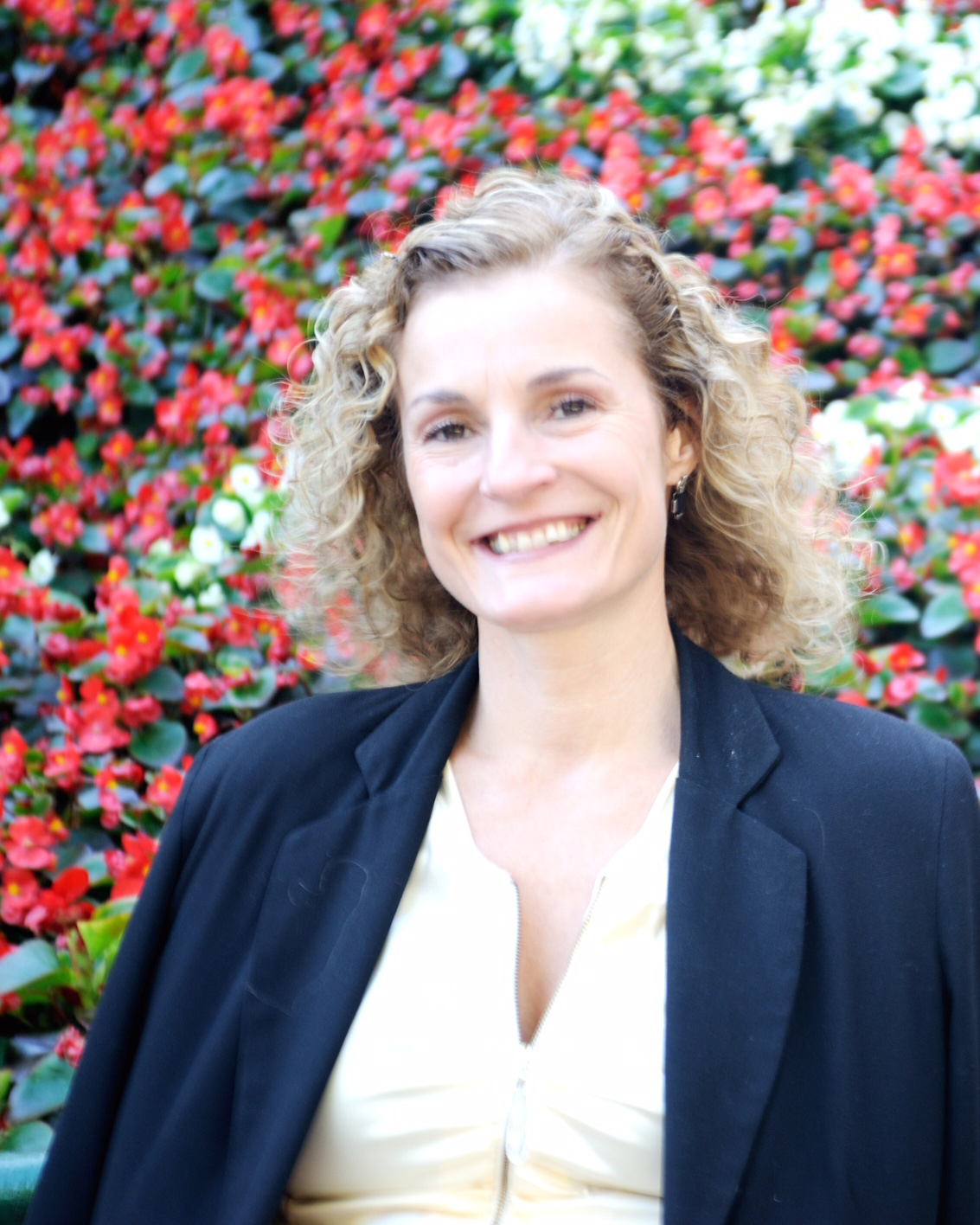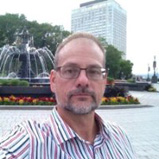The three Co-founders of the Restorative Justice Center in Quebec City are:
 Henri Tremblay, a Metis from the Kitchissippi Rini Nation, is a certified mediator at the Institut de médiation et d’arbitrage du Québec (IMAQ) working in the areas of mediation, evaluation of group needs, consulting, training, substance abuse and community development. He delivers training on mediation, communication, diversity and conflict resolution. He facilitates sessions of conflict resolution and post-conflict recovery activities.
Henri Tremblay, a Metis from the Kitchissippi Rini Nation, is a certified mediator at the Institut de médiation et d’arbitrage du Québec (IMAQ) working in the areas of mediation, evaluation of group needs, consulting, training, substance abuse and community development. He delivers training on mediation, communication, diversity and conflict resolution. He facilitates sessions of conflict resolution and post-conflict recovery activities.
Senior Associate and Honoured Fellow, he made a significant contribution to the field of conflict resolution at the Canadian Institute for Conflict Resolution in 1997.
He is cofounder of the Restorative Justice Center of Quebec.
 Lucie R. Painchaud, is partly of metis ascendance since her great-great grandmother, Eloïse Lemieux, was from the Penobscot Nation descent. She holds a Masters in philosophy and a degree in Theology. She wrote a thesis on “The Concept of consciousness in Henri Bergson’s philosophy” and a dissertation entitled “The Ethical and Social Aspects of Restorative Justice and Criminal Mediation”.
Lucie R. Painchaud, is partly of metis ascendance since her great-great grandmother, Eloïse Lemieux, was from the Penobscot Nation descent. She holds a Masters in philosophy and a degree in Theology. She wrote a thesis on “The Concept of consciousness in Henri Bergson’s philosophy” and a dissertation entitled “The Ethical and Social Aspects of Restorative Justice and Criminal Mediation”.
She was a philosophy teacher in College and a business language teacher. She’s been acting on many committees at the Diocese of Quebec. She was also a public servant for the government of Canada in Ottawa and for the provincial government where she ended up working in a detention center. She discovered restorative justice during a Symposium with the Chaplains from the Correctional Services of Canada in 2001. Restorative justice has since become her purpose in life and led her to be co-founder of the RJC-Qc where, in a spirit of truth and reconciliation, she carries the title of director and coordinator.
 Benoît Tessier is currently chaplain in a provincial prison.
Benoît Tessier is currently chaplain in a provincial prison.
He first earned a degree as a wildlife technician and worked in the field of wildlife management before completing a Bachelors degree in theology. Holder of a certificate for teaching in secondary school, he obtained a teaching permit which allowed him to take up a teaching position in a High school. After completing a Masters in theology, he was successively a parish priest in Lévis, in Charlevoix and with the Huron-Wendat First Nation Community in Wendake. Sensible to social issues, he has been active in advocating for the rights of the unemployed. He has been interested in the implementation of restorative justice services in Quebec which led him to be one of the three founding members of the Restorative Justice Center.
